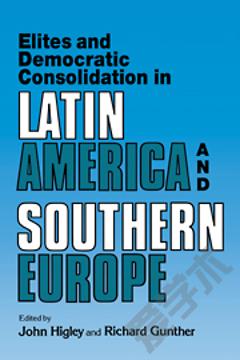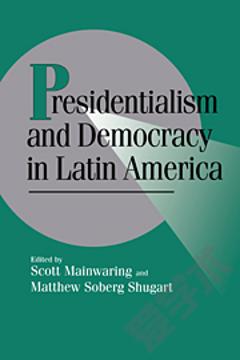Elites and Democratic Consolidation in Latin America and Southern Europe
A distinguished group of scholars examine recent transitions to democracy and the prospects for democratic stability in Argentina, Brazil, Chile, the Dominican Republic, Peru, Portugal, Spain and Uruguay. They also assess the role of elites in the longer-established democratic regimes in Columbia, Costa Rica, Italy, Mexico and Venezuela. The authors conclude that in independent states with long records of political instability and authoritarian rule, democratic consolidation requires the achievement of elite 'consensual unity' - that is, agreement among all politically important elites on the worth of existing democratic institutions and respect for democratic rules-of-the-game, coupled with increased 'structural integration' among those elites. Two processes by which consensual unity can be established are explored - elite settlement, the negotiating of compromises on basic disagreements, and elite convergence, a more subtle series of tactical decisions by rival elites which have cumulative effect, over perhaps a generation.
{{comment.content}}








 京公网安备 11010802027623号
京公网安备 11010802027623号